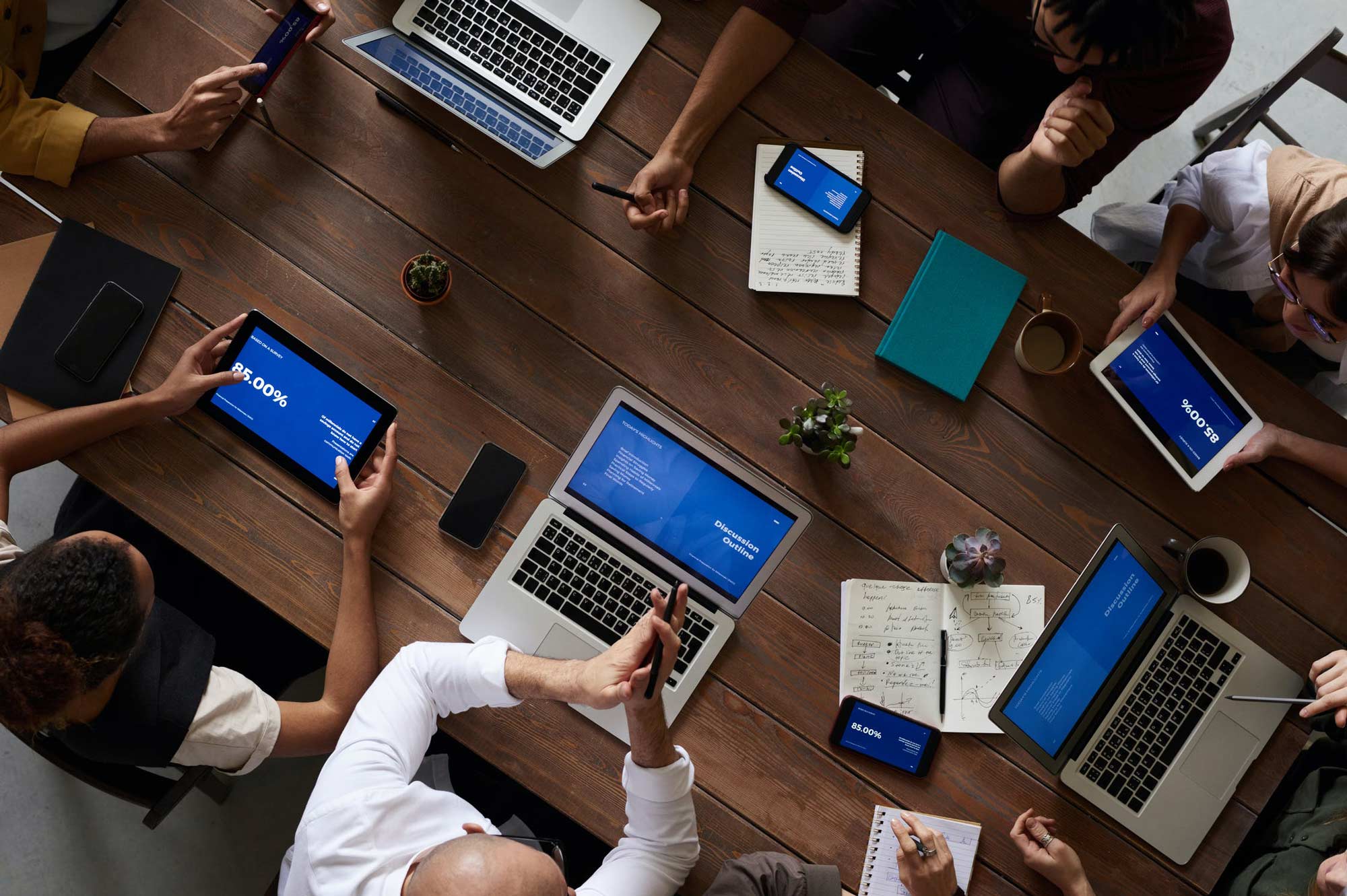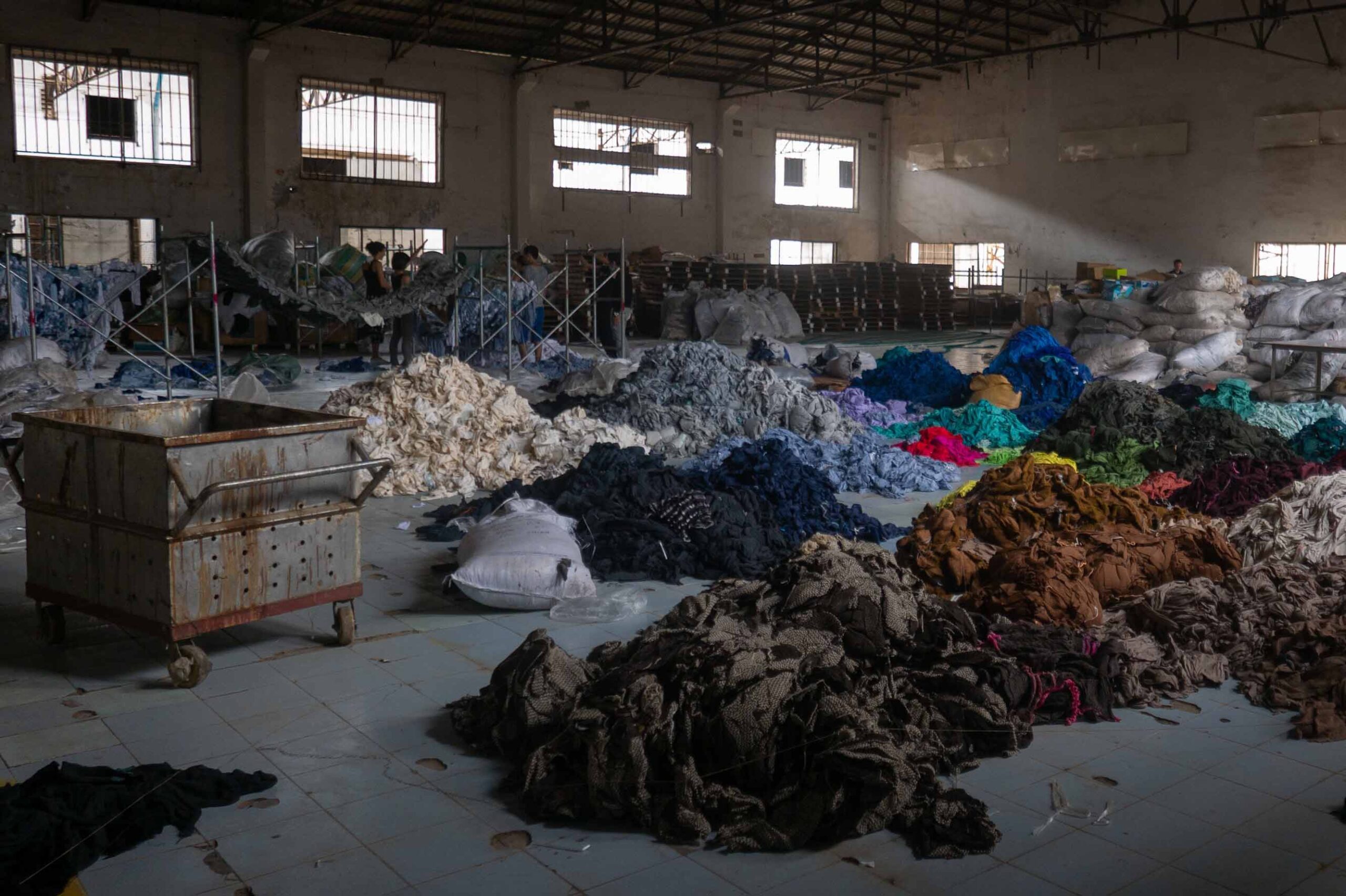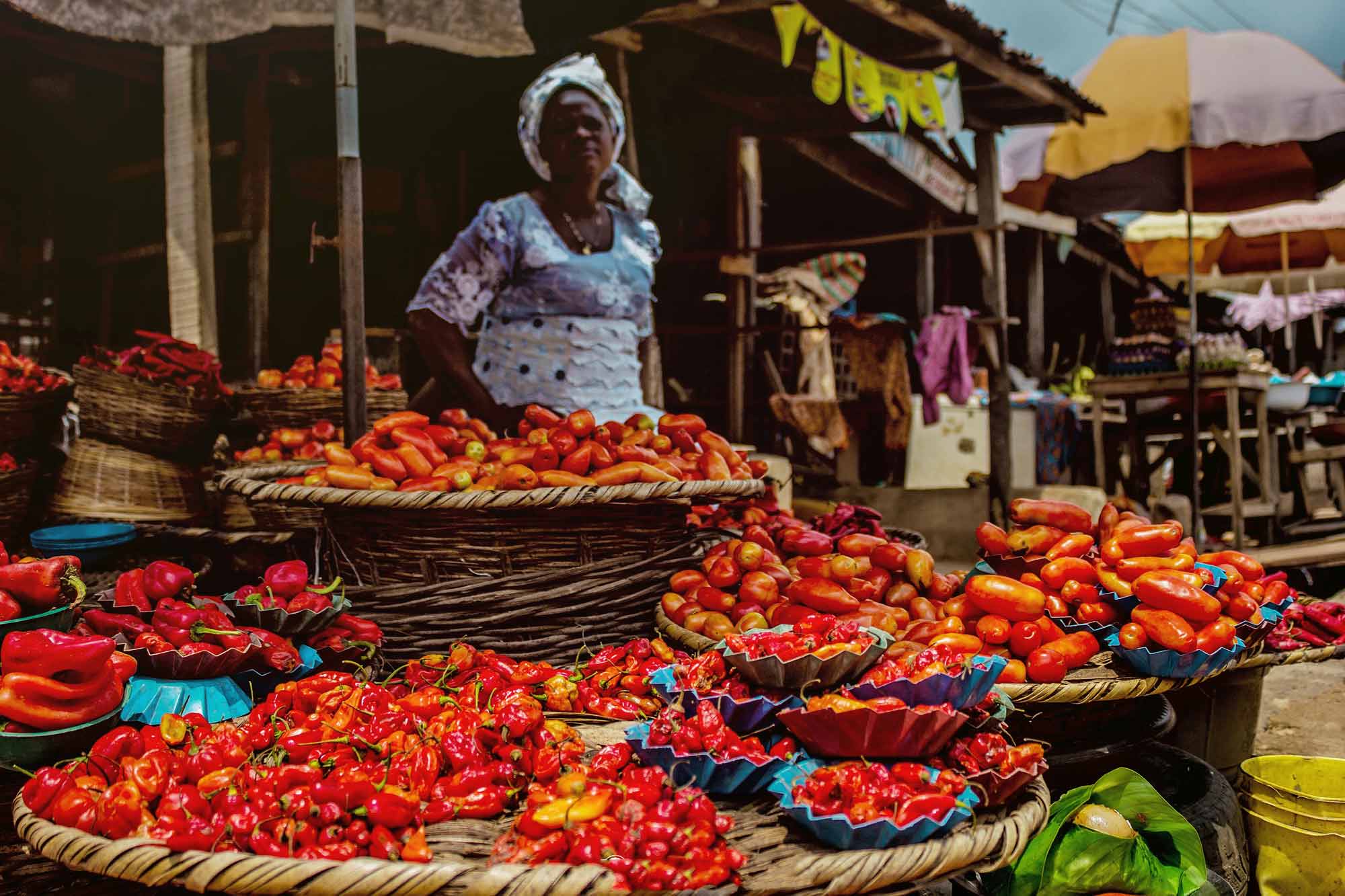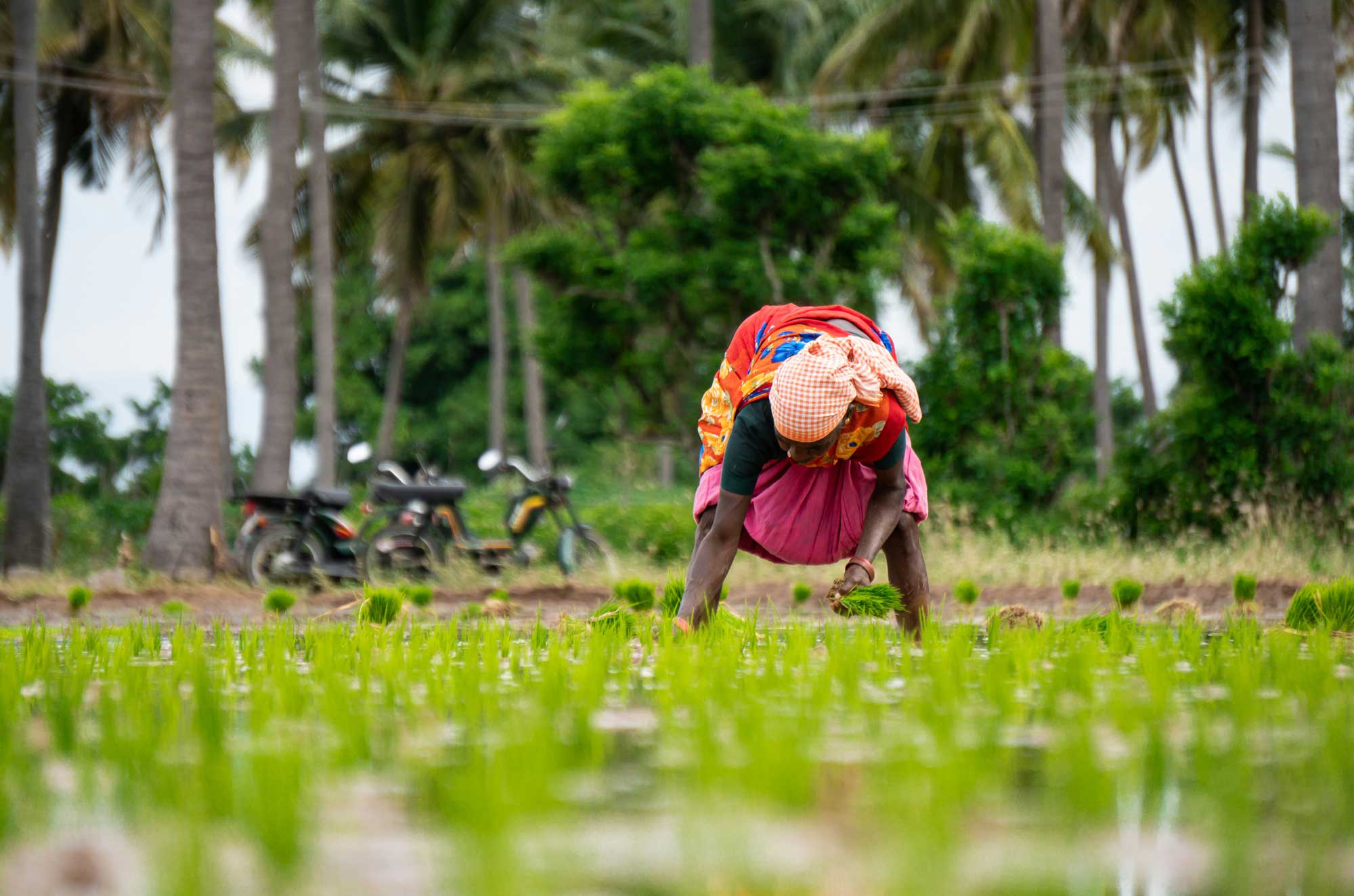Covid-19 is impacting our lives in almost every way, privately and professionally. And it will continue to do so for quite some time, even if a proper vaccine is developed in the months to come.
This blog aims to give you an inside view on how the business life for me as an investment manager has changed and how we do due diligences these days.
Immediate reaction on the crisis
Let’s start with the obvious: an investment manager has to strike the right balance between his responsibility for his ‘direct’ clients and subsequently for their own clients, but at the same time, also for the investors that provided the funding to the microfinance industry.
In this crisis I think it was essential that the international community of finance providers rapidly agree on the fact that the best solution for all parties would be to continue to provide liquidity to the micro finance institutions (MFIs) in their portfolio – and therefore their clients, instead of “closing the umbrella once it starts raining”, contrary to some developments that could be observed in the past. As the GLS Alternative Investments – Microfinance Fund (GLS Fund) invests only in high quality MFIs, the biggest threats we currently observe are not caused by the institutions themselves, but by factors outside of their control, like political or global risks. The majority of institutions in the GLS Fund usually have a good quality of loans in their portfolio and a sufficient to high level of equity. So currently, we see that the immediate risk results from a liquidity shortage caused by government moratoria, sudden deposit outflows, or lenders retreating. The international impact lending industry seems to have found a consensus that a liquidity squeeze is to be avoided, also and especially in the interest of investors, as this would put good institutions with profitable and socially responsible investment models with a long-term viable business outlook at jeopardy by such external events. For my part, I want to wholeheartedly applaud the whole international microfinance industry which quickly responded to the situation by, for the first time, agreeing to common principles on how to proceed during the Covid-19 crisis in order to secure liquidity in the market, and thus protecting our borrowers’ own clients.
These common principles include the Grameen Crédit Agricole Foundation led initiative “Key principles to protect microfinance institutions and their clients in the Covid-19 crisis” or the memorandum of understanding entitled “Coordination among MIVs in response to Covid-19” initiated by Blue Orchard, responsAbility, Symbiotics and others. Within these aforementioned and similar minded frameworks, MFIs were responsibly supported with liquidity, deferral of payments or waivers of covenants if needed, across the industry.
The high workload in respect of dealing with our clients that experienced an immediate impact due to the Corona crisis also meant that we had to re-arrange our new business activities. As a first step, we focused primarily on existing clients for new lending, where we had long standing, trustful relationships and in-depth knowledge of our counterparts. But with Corona not likely to disappear anytime soon, it is time to look beyond.
Changes in the process
As we all know, Corona had a sudden, massive impact on all of us: various parts of the world went into lock-down, airplanes were grounded and there was no chance to travel anywhere.
Looking at the whole investment process in general, Covid-19 has had its impact already at the very first step of this process: the acquisition of new business. Usually MFIs and international lenders meet each other for the first time at international microfinance conferences. It is the easiest place to exchange basic fundamentals to see if both sides fit to each other. The chance to meet on such platforms is currently not possible anymore. This poses a problem to institutions that are in need of additional funding for their growth, but also a problem for funding providers with a surplus of liquidity looking for new investment opportunities. As the Corona crisis has shifted everyone’s immediate focus from growth to overcoming the negative business impacts for now, I nevertheless struggle to have a clear view on, if and how, this lack of building a pipeline of re-financing opportunities might hamper the microfinance business in the medium-term.
Moving towards a virtual due diligence
On-site due diligence (DD) became necessary, through online conferencing systems like Skype, Zoom, Webex, etc…
Funds are now considering if they should do virtual DDs for new clients for selected cases in addition to existing clients, as it is more convenient, less costly, and simply quicker.
In virtual DDs, investment managers continue to receive all documentation, like “normal”, pre-Covid-19 times: all numbers, procedures, organizational charts, etc. And of course, all interviews can be held online with managers. The same schedules can be applied, talking with the same people, asking the same questions and getting likely the same answers. But is it really the same? Does a virtual DD provide the same level of information and security?
Not in its simple form, as a good onsite-DD can check information more deeply than if the investment manager sits far away in front of his or her laptop. The magic word in the world of microfinance is “cross-checking“. And this is not only true for MFIs doing business with their borrowers, but it is also true for a DD. Therefore, a virtual due diligence should still be “upgraded” by an on-site visit to minimize risks to the largest extent possible.
As due diligences are often done in teams, it does not mean that the key investment manager has to be the one on the ground. If travel bans are not allowing free movement across borders, a capable and trusted local assistant could fulfil the task under the guidance of a seasoned investment manager. This guidance could include a list of specific questions, detailed instructions on what to check and providing visual material. In other words, the person on the ground could be the “eyes and ears” of the investment manager that cannot not travel.
Covid-19 effect on business
Naturally, a critical review of the potential borrower’s business forecast is part of every DD, no matter if on-site or virtual. In our current environment, this part of the DD will require a lot more focus. As Albert Einstein once said, “Planning replaces coincidence by error”. Yes, that is likely true. But the real question is, how big is the potential error? The risk decreases the more the investment manager knows about her or his target institution, its people, its procedures, its environment and the general operating framework. “Eyes and ears” on the ground are needed to properly evaluate the correctness of the presented projections and plans.
Concentrating our efforts on existing clients, known institutions and those we already have a relationship with, is obvious. But while we believe that a virtual DD can work, it actually has to work as there is currently no alternative. In our opinion, it works for the client group described above and it works for a certain period. But such an approach still needs “some feet on the ground” for completely new clients. More importantly, for the process of building a long standing and trustful relationship between institutions, personal contact will not only be inevitable, but essential. Therefore, we sincerely hope that we can leave the Covid-19 crisis behind us rather sooner than later, and start seeing our clients again in person, for the benefits of MFIs, their clients and our investors.













